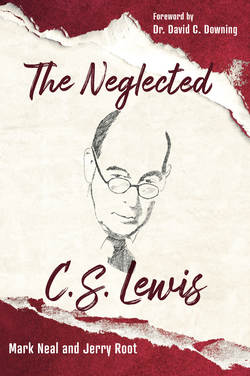Читать книгу The Neglected C. S. Lewis - Mark Neal - Страница 18
На сайте Литреса книга снята с продажи.
Behind Lewis’s Challenge to Tillyard
ОглавлениеLewis possessed certain assumptions that drove his challenge to Tillyard’s work. Lewis was an objectivist, which means he believed that there are knowers (or subjects) capable of knowing. Furthermore, there are knowable objects (material objects, or objects of thought set apart by definition and developed in an inferentially coherent way). He does not deny the importance of a subject in the quest to understand, but for understanding to occur properly, the object at hand is paramount. Truth is not reality; truth is what one thinks about reality when thinking accurately about it. The object provides a necessary plumb line by which the subjective assessment might be measured and affirmed or by which assertions might be falsified. Without respect for objects—either material or conceptual—subjective judgments become anarchistic. In such cases, one is reduced to what Lewis called subjectivism. This occurs when the self projects onto the world, seeking to shape reality to fit its whims and predilections, rather than respond to reality with all of its complexity.
Lewis believed objectivity was possible through accurate responses to reality in matters of reason, emotion, and volition. A proper response is just only when it renders to reality its due. In cases of literary analysis, one must provide a proper response to the text if a judgment is to have merit. Due to the limits of human perception, a collective assessment of a literary text has the potential to increase the level of discovery. The give and take of debate—properly engaged, with a constant appeal to a text—could bring greater clarity and a more nuanced assessment. This was the context behind Lewis’s challenge to Tillyard.
